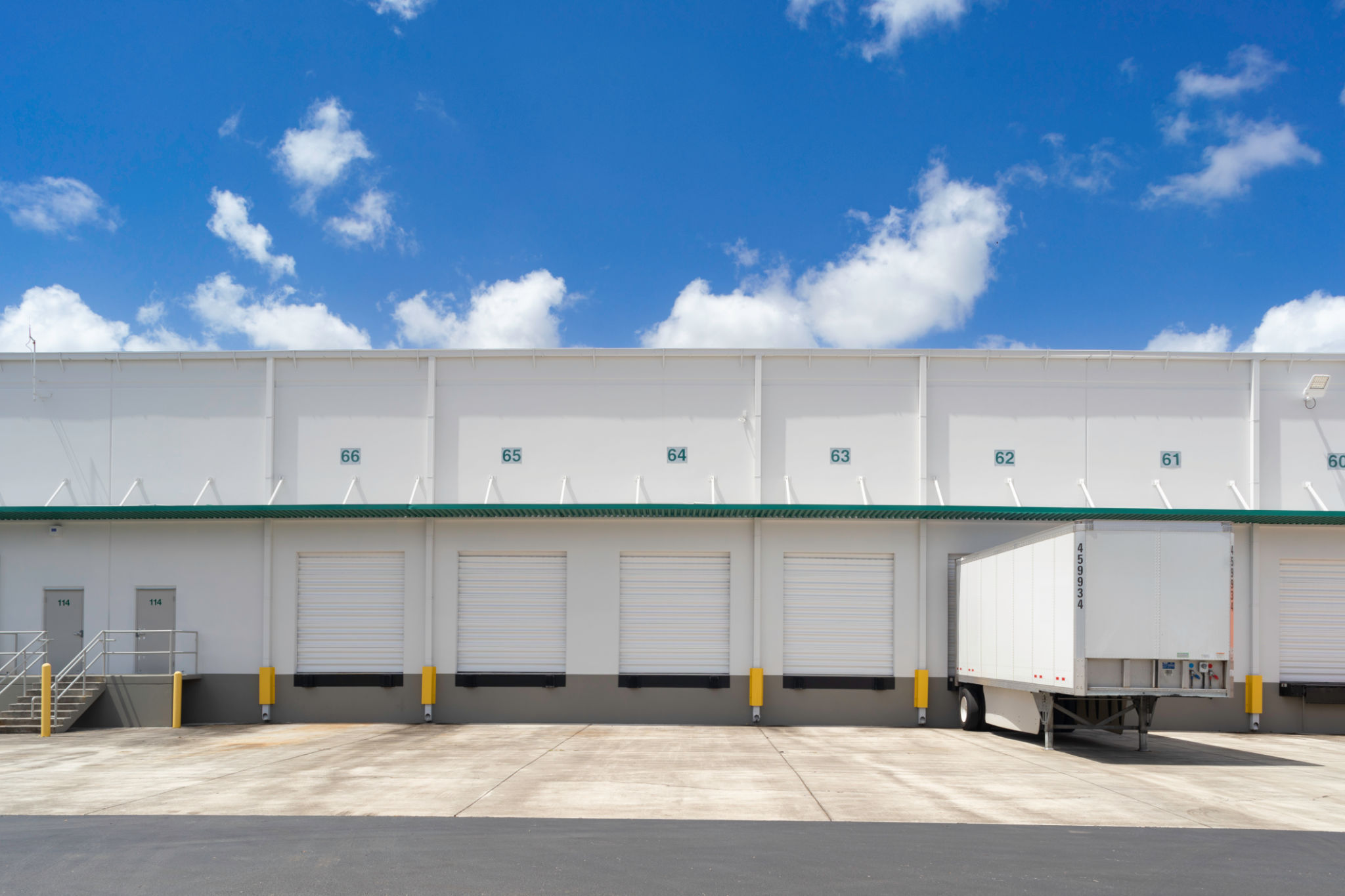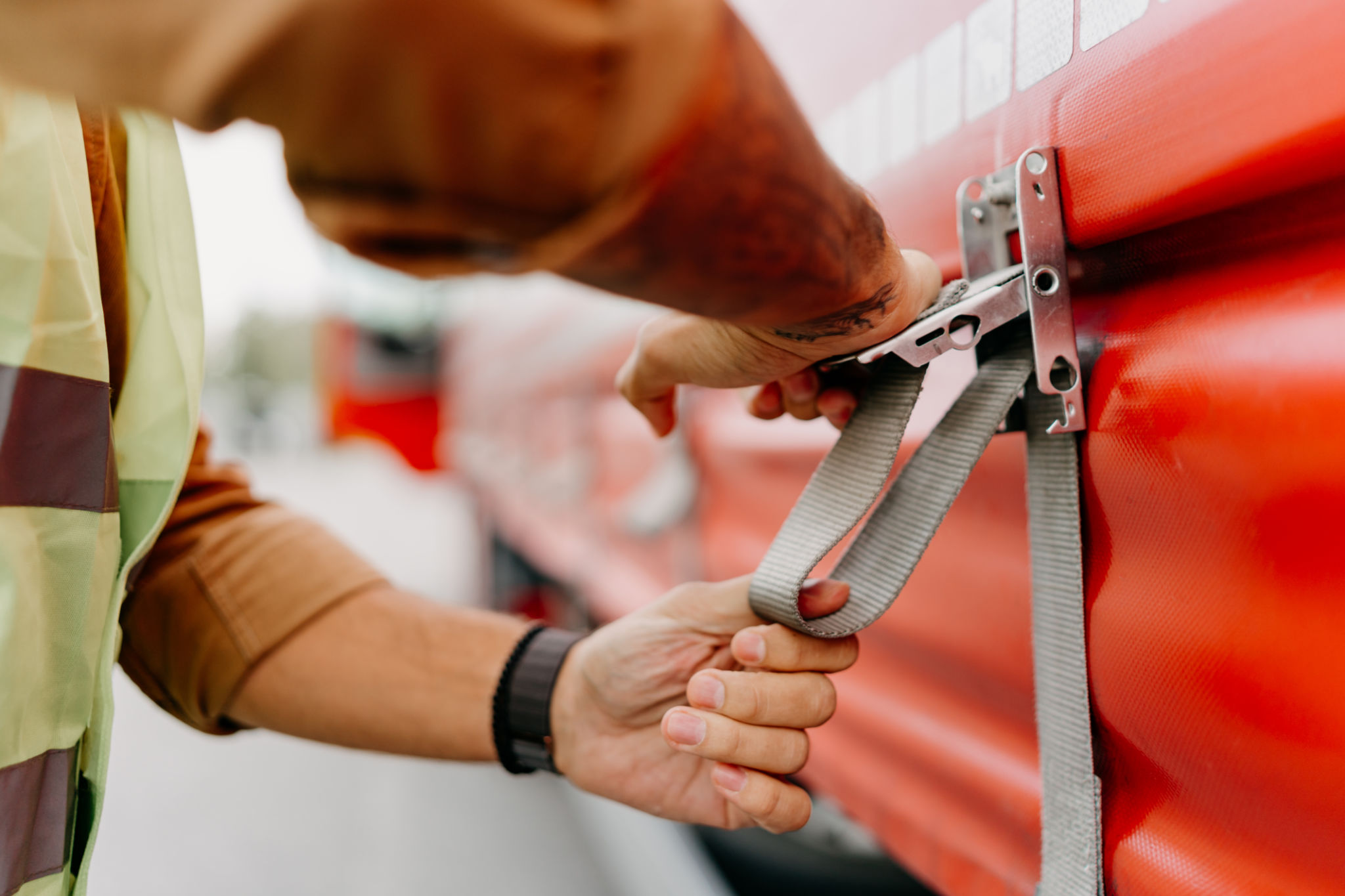How to Choose the Right Dump Trailer for Your Project: A Comprehensive Guide
Understanding Your Project Needs
Choosing the right dump trailer begins with a clear understanding of your project requirements. Consider the type and volume of materials you'll be transporting. Are you hauling construction debris, landscaping materials, or heavy equipment? Each type of material may require a different trailer design or capacity. Additionally, assess the project’s duration and frequency of use to determine whether you need a heavy-duty option or if a lighter, more economical choice will suffice.

Types of Dump Trailers
Standard Dump Trailers
Standard dump trailers are versatile and suitable for a variety of tasks. They often come with hydraulic lift systems, making them ideal for transporting loose materials like gravel, sand, or soil. If your projects are diverse, a standard dump trailer offers flexibility and ease of use.
Gooseneck Dump Trailers
For larger projects, gooseneck dump trailers provide increased stability and weight distribution. These trailers are typically used for heavy-duty tasks due to their ability to carry more substantial loads. They connect to the truck bed, offering better maneuverability and reducing the strain on your vehicle.

Key Features to Consider
When selecting a dump trailer, pay attention to crucial features such as payload capacity, hydraulic systems, and build quality. The payload capacity should match or exceed the weight of the materials you'll transport. High-quality hydraulic systems ensure efficient unloading, while robust construction materials enhance durability.
- Payload Capacity: Ensure the trailer can handle your heaviest loads.
- Hydraulic Systems: Opt for reliable systems to facilitate easy dumping.
- Durability: Choose trailers made from high-gauge steel or reinforced aluminum.
Safety and Regulations
Safety is paramount when operating a dump trailer. Familiarize yourself with local regulations regarding trailer use, including weight limits and licensing requirements. Ensure your vehicle is appropriately equipped to tow the chosen trailer safely. Regular maintenance checks on brakes, tires, and hydraulic systems will help prevent accidents and extend the lifespan of your equipment.

Budget Considerations
Your budget plays a significant role in selecting the right dump trailer. While it might be tempting to opt for the cheapest option available, investing in a high-quality trailer can save money in the long run by reducing maintenance costs and increasing efficiency. Compare prices from different manufacturers and consider financing options if necessary.
Seeking Professional Advice
If you're uncertain about which dump trailer is best for your project, consult with industry professionals or suppliers. Their expertise can provide valuable insights into the latest models and innovations in dump trailers. They can also help tailor their recommendations based on your specific needs and budget constraints.
In conclusion, choosing the right dump trailer involves careful consideration of your project needs, trailer types, essential features, safety regulations, and budget. By taking these factors into account, you can make an informed decision that enhances productivity and ensures successful project completion.
